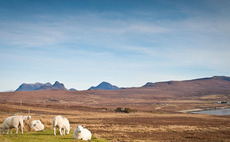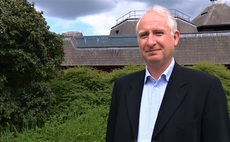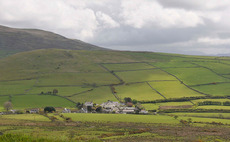Brexit
Livestock
Defra Secretary George Eustice has said the current ‘buoyancy’ of the UK sheep market may mean the sector will not need to be compensated in the event of a no-deal Brexit.
Farm Business
The gap between agricultural policy could grow on either side of the Scottish border post-2024, as England moved towards environmental payments while Scotland was set to retain the ‘known quantity’ of the Basic Payment Scheme.
Arable
In the 80s, Thatcherism tore the heart out of British manufacturing, with long-term social consequences. We cannot let the same thing happen now to English farming, says Labour Shadow Defra Minister Daniel Zeichner.
Livestock
With BPS on the way out, and Defra not yet ready to offer support which fills the gap, farmers must take steps now to survive the Brexit transition, says Dr Julia Aglionby, executive director at the FCL and chairwoman of the Uplands Alliance.
Arable
With direct payments on their way out, farmers should consider rewilding on marginal land to boost the income they make from food production, says Dr Stephanie Wray, director of RSK Wilding.
Arable
The PM must negotiate a three to six-month adjustment period as part of any EU trade deal, so farmers have time to prepare for the new relationship, says Mike Rumbles, North East Scotland MSP.
Farm Business
Welsh farming unions have accused the chancellor of a ‘Brexit betrayal’ after he announced a decision to slash Wales’ agricultural budget in last week’s spending review.
Arable
Industry leaders have said they are ‘extremely concerned’ about a Government move to exclude the Trade and Agriculture Commission (TAC) from considering the impact of agri-food trade on human health.
Farm Business
�������� and land managers will have greater freedom and more choice in the future thanks to the Government’s new Environmental Land Management (ELM) scheme, says High Peak Conservative MP Robert Largan.
Livestock
The UK Government’s decision to cut agricultural funding in the devolved nations will have far-reaching consequences for every farm in Wales, says Plaid Cymru MS Llyr Gruffydd.

 14 December 2020
•
2 min read
14 December 2020
•
2 min read









